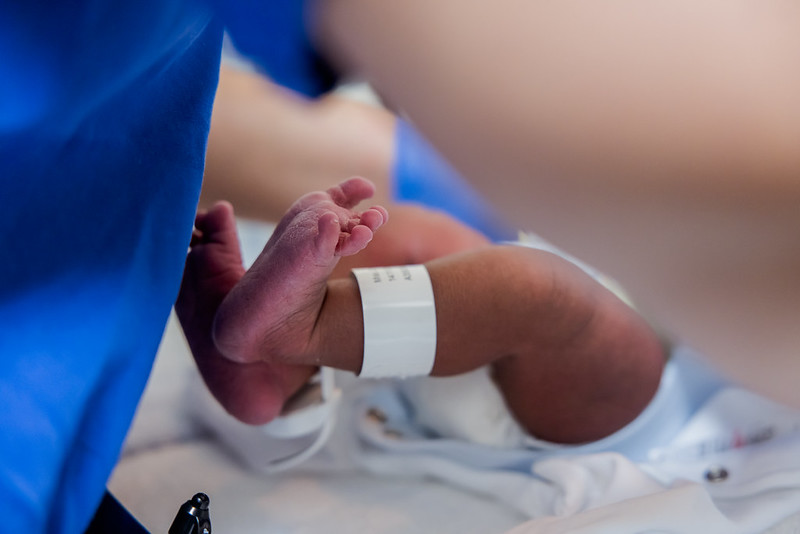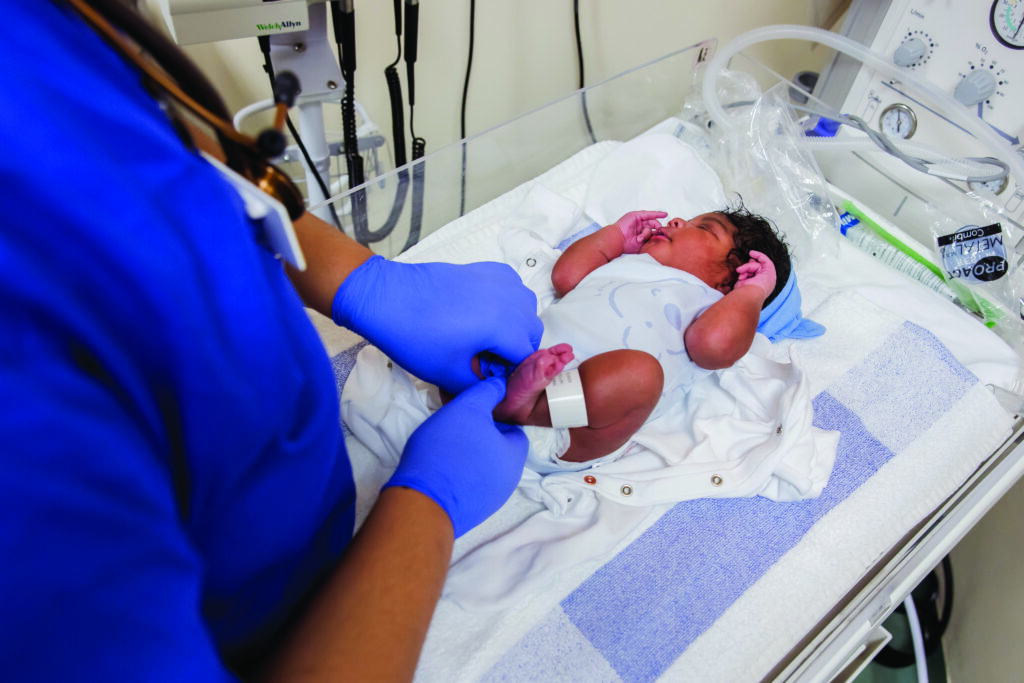The Royal College of Midwives (RCM) in Scotland has called for all IT systems in Scotland’s NHS to be made neurodiverse friendly. The call comes as the RCM’s attended the STUC Disabled Workers Conference this week.
Over the last decade the NHS has seen a significant increase in the use of electronic IT systems with a massive shift from paper-based documentation to a strong reliance on the use of technology to access patient information and to record care. However, not all systems, computer screens and software currently being used by midwives have been designed to consider or accommodate neurodivergent employees says the RCM.
Commenting, RCM’s National Officer for Scotland, Emma Currer said;
“Making IT platforms more neurodiverse friendly is something that matters to our members. We’ve really seen an increase in requests from our members in Scotland looking for support and advice with neurodiverse challenges in their workplaces. Undoubtedly, the shift to digital record keeping over the past number of years is something that is to be commended and we know that particularly in maternity services as women journey through their pregnancy digital record keeping is vital to delivering improved continuity of care.”
The RCM says it’s imperative that the NHS Scotland’s workplaces and work systems are inclusive for midwives, maternity care assistants and all other staff. Research has shown that around 1 in 10 people in Scotland are neurodivergent. NHS Scotland employs 181,723 people: equating to around 18,723 neurodivergent employees. Although the term “neurodiversity” refers to the diversity of all people, it frequently refers to those with autism spectrum disorder (ASD) and other neurological or developmental disorders like ADHD or mild learning impairments.
Emma added:
“NHS Scotland needs to ensure that we aren’t leaving staff behind, particularly those employees who need it most. We know the increased use and reliance on computers, software and systems has for some of our members meant a loss of confidence in skills causing significant barriers. This has increased work stress, capability issues and absences in some services.”
Moving the motion Meggan Reid an RCM’s Learning Rep from NHS Highland called on the Conference and the STUC Disabled Workers’ Committee to, Lobby NHS Scotland employers and the Scottish Government to implement neurodiverse-friendly electronic platforms for NHS staff and service users. In addition to a call to raise awareness and understanding of neurodiversity and neurodiverse workplace policies.
The RCM is currently in the process of developing a neurodivergence acceptance tool kit for its members which will be launched at the RCM’s Annual Conference in May 2024.

